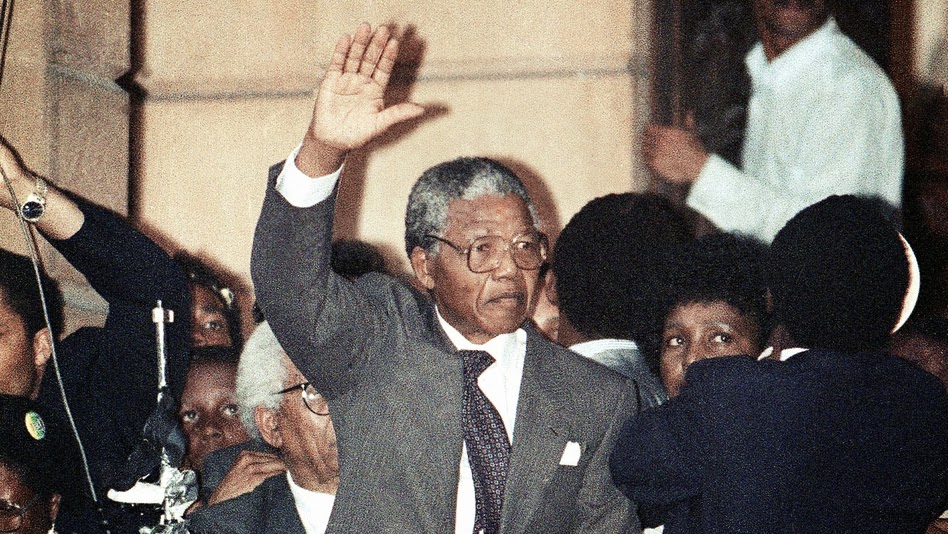
I remember those weird days when my father gave the free rein of our back garden to people trying to escape police who were checking their pass books. And while he didn't exactly help them over the wall, he did chuckle long and deep when our pedigree Spaniel bit the policeman chasing them.
I remember the bravery and tenacity of our high school history teacher, who insisted that we needed to learn the real history, the one that was not mandated by the oppressive Christian National Eduction regime of my youth. She allowed us to ask the questions we were not supposed to ask. She told us about the freedom fighters and shaped my attitude to the men like Nelson Mandela — not as terrorists but as people trying to set us free.
I remember the boy we all fancied at high school. The one that went to Westerford and was allowed to be politically active — and how hard he worked to hand out information flyers and get us to become more politically conscious and active in the struggle. It worked because by the time I went to UCT, I was already involved. Not so involved that I wasn't white-girl-shocked when I attended my first political rally there and they decided to sing the national anthem. I looked, confused, at my mate. She looked back, blinking. Until the chords of Nkosi Sikelel' iafrika broke out and several key things made sense and crystallised in my mind.
My years of activism that followed were passionate and terrifying and fun and extraordinarily memorable. There was the time that we were tear gassed for the first time. And the time that we clapped the police off campus. Yes, clapped. Strong, steady and silent but for the steady clapping. All the while with tanks no more than four metres away. The time that we were sprayed with purple dye (ruining my vintage brown leather jacket) and just couldn't get arrested as, to quote the police, "you silly white girls must go home to your mommies."
And they all culminated on the 11th February 1990 when Nelson Mandela was released from jail. That day we felt that we had actually changed the world. It was stifling hot. So hot you could hardly move, and yet it was one of the most significant days of my whole life. And as we discussed whose car we would use to go and see Mandela, who had enough petrol, enough space for us all, we knew that this day would be the one that we needed to define our personal history.
Just as today will be that for many people, the day that Madiba passed, the day he was freed was mine. Much like him, all I want now is to live in peace. But Nelson Rolihlahla Mandela gave me so many gifts. The one that allowed me to believe that I could change the world. The gift of freedom for all those that I love. The one that made us believe that anything and everything was possible. The one that keeps me motivated, even today, to keep living a life with grace, with honesty and with a social conscience. Thank you Tata Mandela, you served us well and now we need to serve your memory.